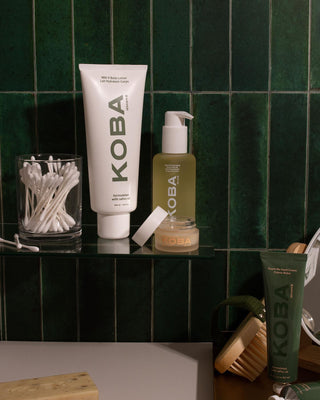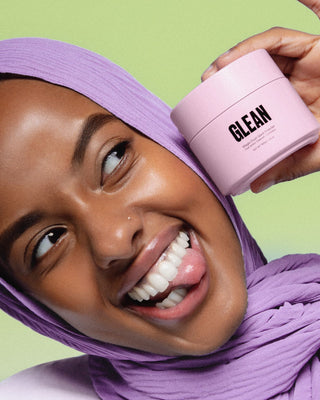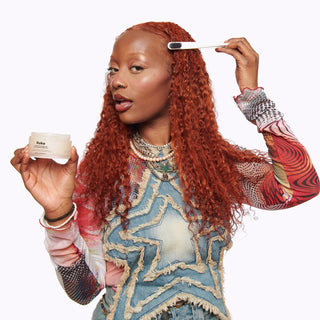Editor: Neimra Coulibaly
For centuries Black women have shown to be at the forefront of new, innovative beauty products. So it was only a matter of time before sustainable extensions would enter the chat.
First, let's break down the idea of “biodegradable hair”. According to Webster’s Dictionary, “Biodegradable refers to products capable of breaking down and returning to their natural or earthly elements, given the right conditions and the presence of microorganisms, fungi, or bacteria”. This means for the first time Black women and girls have access to braiding hair that is created out of plants. Our eco-friendly baddies can tap into a new wave of sustainable Black hair care.
Why would Black women need Biodegradable hair extensions?
Listen, I know you guys have heard of all the horror stories of women having allergic reactions after installing a fresh set of braids. Many women spend time pre-washing their synthetic braiding hair with apple cider vinegar to avoid the itching that sometimes comes with traditional synthetic braiding hair. Synthetic braiding hair is created from man-made fibers like plastics. The highest quality of synthetic hair is Kanekalon which is known for being heat friendly. Two studies have come out in the last three years that document the harm that synthetic hair has to the body. In January 2020, Donna Auguste and Shelly L Miller published Volatile Organic Compound (VOCs) Emissions From Heated Synthetic Hair: A Pilot Study. This study set out to find out if synthetic hair could be a source of VOCs when heated.
If you have ever gotten your hair braided you may know that at the end of the appointment, the hairstylist may burn the ends of the braids to seal them and keep them from unraveling. The study mentioned that this method could “ potentially release VOCs into the air, in close proximity to the breathing zones of the stylist and the person whose hair is being braided.” Another study from Nigeria, called Potential Hazards Associated with Wearing of Synthetic Hairs (Wigs, Weavons, Hair Extensions/Attachements) In Nigeria published in November of 2022 stated that “The elevated levels of heavy metals and chemical substances found in these synthetic hairs show a propensity to cause harm to the wearers/users.” So having Black women developing the solution to circumvent the harms that come with wearing synthetic hair helps to provide us with safer options, making rocking our knotless braids all year round, more comfortable.
Here are two Black women who founded plant-based biodegradable hair brands that are reimagining hair extensions to solve our itchy, irritated scalp concerns.

Rebundled
Launched in 2019, Rebundled specializes in naturally extracted banana fibers that are created to match textured hair. Also formulated with repurposed biopolymers, this braiding hair is 97% biobased and USDA-certified biobased products.
Ciara Imani May is the founder of Rebundled and she also struggled with an itchy scalp after installing braids. So she took the time to study what sustainability is and how the hair industry could contribute to it. From there she came up with biodegradable braiding hair derived from banana fibers and made it a mission to “dramatically reduce the health and environmental disparities in the hair extension industry”
Rebundled also has a recycling program where you can send your old synthetic wigs and or braiding hair and they will recycle it for you. Rebundled teamed up with 5 Media which is a media foundation that partners with sustainability-centered companies to push toward sustainable initiatives.
Nourie
A vegan, braiding hair company that can take high heat, water, and even styling gel, Nourie was launched this year by CEO and founder Osahan Ojeaga. She too suffered from bad scalp reactions from synthetic braids and developed a patent-pending plant-sourced braiding hair that delivers nutrients to the hair and scalp. She consulted with a food scientist to think of fibrous plants to use, getting it straight from the source. She first created two prototypes that were made of the compostable plant but then she had the bright idea to infuse it with ginseng root extract and rosemary– a combination that brings light to “scalp care is skincare.”



